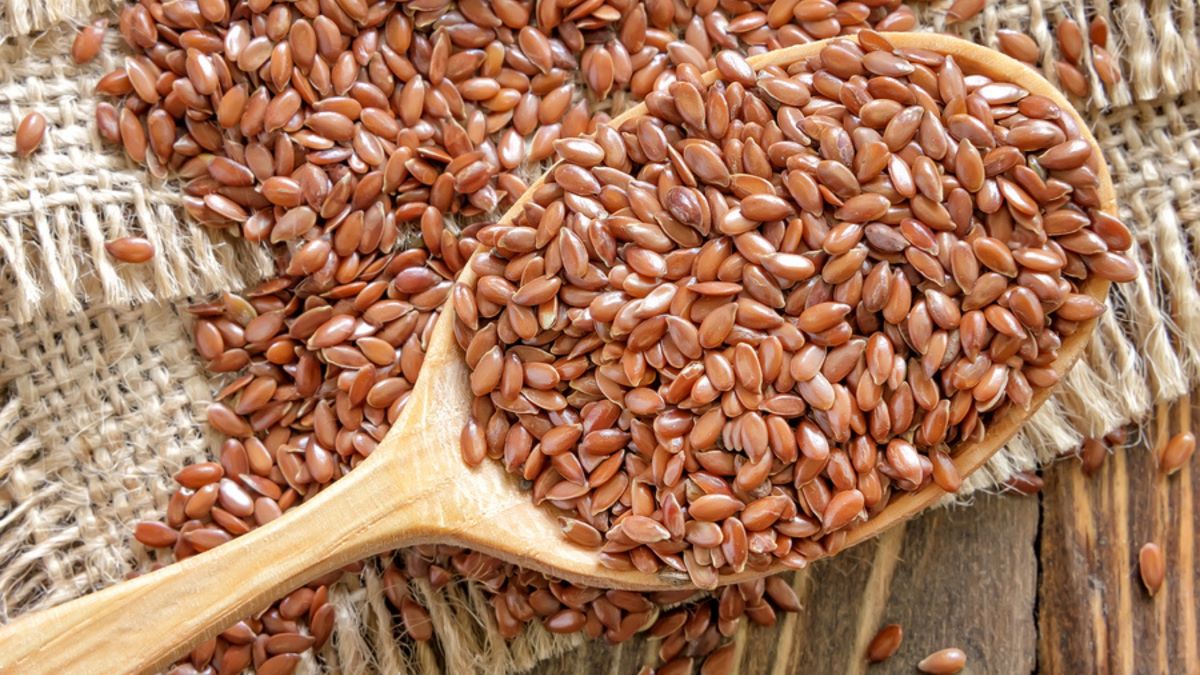

Articles
How To Store Flax Seed
Modified: February 26, 2024
Discover effective methods for storing flax seed in this informative article. Keep your flax seed fresh and extend its shelf life with these storage tips.
(Many of the links in this article redirect to a specific reviewed product. Your purchase of these products through affiliate links helps to generate commission for Storables.com, at no extra cost. Learn more)
Introduction
Welcome to the world of flax seeds, a tiny but nutritionally powerful seed that has gained popularity in recent years. Flax seeds, also known as linseeds, have been cultivated for thousands of years and have been praised for their numerous health benefits. From providing a rich source of omega-3 fatty acids to supporting digestive health and promoting heart health, flax seeds are a versatile and nutritious addition to any diet.
In this article, we will delve into the world of flax seeds and explore the best methods for storing them to ensure their freshness and longevity. Whether you have just purchased a bag of flax seeds or have a surplus of them, knowing how to store them properly is the key to preserving their nutritional value and flavor.
But before we dive into the storage techniques, let’s take a closer look at some of the incredible benefits of flax seeds.
Key Takeaways:
- Store flax seeds in airtight containers in a cool, dark place to preserve their freshness and nutritional value. Choose the pantry, refrigerator, or freezer based on your usage and storage needs.
- Incorporate flax seeds into your diet for their omega-3 fatty acids, fiber, and antioxidants. Store them properly to enjoy their health benefits and nutty flavor in various dishes.
Read more: How To Consume Flax Seeds
Benefits of Flax Seeds
Flax seeds are loaded with nutrients and offer a wide range of health benefits. Let’s take a closer look at some of the key reasons why flax seeds should be on your radar:
- Rich in Omega-3 Fatty Acids: Flax seeds are one of the richest plant-based sources of omega-3 fatty acids, specifically alpha-linolenic acid (ALA). Omega-3 fatty acids are essential for brain health, reducing inflammation in the body, and supporting heart health.
- High in Dietary Fiber: Flax seeds are an excellent source of dietary fiber, both soluble and insoluble. This fiber content aids in digestion and promotes regular bowel movements. It also helps to promote feelings of fullness, which can be beneficial for weight management.
- Powerhouse of Antioxidants: Flax seeds are packed with antioxidants, including lignans. Lignans have been shown to possess anti-inflammatory and anticancer properties, making flax seeds a valuable addition to an antioxidant-rich diet.
- Supports Heart Health: The combination of omega-3 fatty acids, fiber, and antioxidants makes flax seeds particularly beneficial for heart health. Studies have shown that flax seeds may help lower cholesterol levels, reduce blood pressure, and improve overall cardiovascular health.
- Aids Digestive Health: The high fiber content in flax seeds supports healthy digestion and helps prevent constipation. It can also act as a prebiotic, promoting the growth of beneficial gut bacteria.
- Contains Essential Minerals: Flax seeds are a good source of several essential minerals, including magnesium, phosphorus, and copper. These minerals play a crucial role in bone health, energy production, and enzyme function.
- May Reduce the Risk of Certain Cancers: The lignans found in flax seeds have been associated with a reduced risk of certain cancers, including breast, prostate, and colorectal cancers. However, more research is needed to fully understand the extent of this protective effect.
With their impressive nutrient profile and potential health benefits, it’s no wonder flax seeds have gained a reputation as a superfood. Now that we understand their benefits, let’s move on to selecting the right flax seeds for storage.
Choosing the Right Flax Seeds
When it comes to selecting flax seeds for storage, there are a few key factors to consider. Here are some tips to help you choose the right flax seeds:
- Whole versus Ground: Flax seeds are available in both whole and ground forms. Whole flax seeds have a longer shelf life but can be harder for the body to digest. Ground flax seeds are more easily absorbed by the body but have a shorter shelf life. Consider your preferences and how you plan to use the flax seeds before making your choice.
- Organic and Non-GMO: To ensure the highest quality and avoid any potential exposure to pesticides or genetically modified organisms (GMOs), opt for organic and non-GMO flax seeds. Look for certifications or labels indicating their organic and non-GMO status.
- Freshness: Check the expiration date on the packaging before purchasing flax seeds. Fresh flax seeds should have a pleasant, mild nutty aroma. If the seeds have a rancid or sour smell, it’s a sign that they have gone bad.
- Sealed Packaging: Flax seeds are sensitive to oxygen and light, which can lead to oxidation and spoilage. Look for flax seeds that are packaged in airtight containers or bags to protect them from exposure to air and light.
- Reputable Brands: Choose flax seeds from reputable brands or suppliers known for their quality products. Reading customer reviews and testimonials can help you make an informed decision.
By considering these factors, you can ensure that you are selecting high-quality flax seeds that will retain their freshness and nutritional value. In the next section, we will discuss how to properly prepare flax seeds for storage.
Preparing Flax Seeds for Storage
Before you can store flax seeds, it’s important to properly prepare them to maximize their shelf life. Follow these steps to prepare flax seeds for storage:
- Clean the Flax Seeds: In order to remove any debris or impurities, give the flax seeds a quick rinse under cold water. Use a fine-mesh sieve to ensure no seeds are lost during the process.
- Dry the Flax Seeds: After rinsing the flax seeds, spread them out on a clean kitchen towel or paper towel. Allow them to air dry for a few hours or pat them gently with the towel to remove excess moisture. Make sure the seeds are completely dry before proceeding.
- Optional: Toast the Flax Seeds: Toasting the flax seeds can enhance their flavor and add a nutty taste. Heat a dry skillet over medium heat and add the flax seeds. Stir them constantly for a few minutes until they become fragrant and start to pop. Be cautious not to burn them. Let the toasted seeds cool completely before storage.
- Grind the Flax Seeds (if desired): If you prefer using ground flax seeds for easy digestion and absorption, use a coffee grinder, spice grinder, or blender to grind the seeds. Grind small batches at a time to prevent overheating and to maintain their freshness.
By following these steps, you will have properly prepared flax seeds that are ready for storage. Now, let’s explore the different storage methods and conditions to ensure the longevity of your flax seeds.
Storing Flax Seeds in the Pantry
If you plan to use your flax seeds within a few months, storing them in the pantry can be a convenient option. Here’s how to store flax seeds in the pantry:
- Choose the Right Container: Transfer your flax seeds into an airtight container made of glass or BPA-free plastic. Ensure that the container has a tight-fitting lid to prevent air and moisture from entering.
- Keep the Pantry Cool and Dry: Find a cool and dry spot in your pantry to store the flax seeds. Ideally, the temperature should be between 40-70°F (4-21°C) to maintain optimal freshness. Avoid storing the container near heat sources or exposing it to direct sunlight.
- Avoid Excessive Light Exposure: Flax seeds are sensitive to light, so it’s important to store them in a dark or opaque container to minimize light exposure. This will help prevent oxidation and maintain the quality of the seeds.
- Label and Date the Container: To keep track of the storage time and ensure you use the oldest flax seeds first, label the container with the date of storage. This will help you maintain freshness and avoid using expired seeds.
When stored properly in the pantry, flax seeds can retain their freshness for up to 4-6 months. However, if you don’t anticipate using them within this timeframe, it’s best to explore other storage options to maximize their shelf life. Let’s discuss storing flax seeds in the refrigerator next.
Store flax seeds in an airtight container in the refrigerator or freezer to maintain their freshness and prevent them from going rancid.
Read more: How To Make Flax Seed Eggs
Storing Flax Seeds in the Refrigerator
If you want to extend the shelf life of your flax seeds, storing them in the refrigerator is a great option. Follow these steps to store flax seeds in the refrigerator:
- Transfer to an Airtight Container: Similar to storing in the pantry, transfer the flax seeds to an airtight container made of glass or BPA-free plastic. This will help protect the seeds from moisture and odors in the refrigerator.
- Find the Right Spot: Locate a cool area in your refrigerator, such as a lower shelf or the crisper drawer, to store the flax seeds. This area tends to have a more stable temperature and can help prolong their freshness.
- Avoid Exposure to Moisture: Moisture can lead to spoilage, so it’s important to keep the flax seeds dry in the refrigerator. Avoid placing the container near areas that are prone to condensation, such as the back of the refrigerator or near the vegetable drawer.
- Label and Date the Container: Just like when storing in the pantry, label the container with the date of storage. This will help you keep track of their freshness and usage.
- Check for Rancidity: Periodically check the flax seeds for any signs of rancidity, such as an off smell or taste. If you notice any signs, discard the seeds immediately.
When stored in the refrigerator, flax seeds can last for up to 9-12 months without a significant loss in quality. This extended shelf life makes it a suitable storage option if you have a larger quantity of flax seeds or don’t plan on using them frequently.
However, if you want to store flax seeds for an even longer period, the freezer is the way to go. Let’s explore storing flax seeds in the freezer in the next section.
Storing Flax Seeds in the Freezer
The freezer is the ultimate storage solution for maximizing the shelf life of flax seeds. Follow these steps to store flax seeds in the freezer:
- Divide into Small Portions: If you have a large quantity of flax seeds, separate them into smaller portions. This will make it easier to take out only the amount you need without exposing the entire supply to thawing and refreezing.
- Use Airtight Containers or Freezer Bags: Place the flax seed portions in airtight containers or freezer bags. Squeeze out as much air as possible before sealing them to prevent freezer burn and moisture from affecting the quality of the seeds.
- Date and Label: Label each container or bag with the date of storage. This will help you keep track of their freshness and rotation in the freezer.
- Store in the Back of the Freezer: Place the flax seed containers or bags in the back of the freezer, where the temperature remains constant. This will minimize exposure to temperature fluctuations that can compromise the quality of the seeds.
- Thaw Only When Needed: When you need to use the flax seeds, remove the desired portion from the freezer and let it thaw in the refrigerator overnight. Avoid refreezing thawed flax seeds, as this can impact their texture and nutritional value.
When stored in the freezer, flax seeds can maintain their freshness for up to 2 years. This is ideal for those who want to stock up on flax seeds or have a surplus that they want to store for an extended period.
Remember to always check the flax seeds for any signs of rancidity or deterioration before consuming them. If you detect any off smells or tastes, it’s best to discard them.
Now that you know the different methods of storing flax seeds, let’s move on to some important tips for maintaining the freshness of your flax seeds.
Tips for Maintaining Flax Seed Freshness
To ensure that your flax seeds remain fresh and retain their nutritional value, follow these tips:
- Buy in Small Quantities: If you don’t use flax seeds frequently, it’s best to buy them in smaller quantities to minimize the storage time. This will help you maintain their freshness and avoid potential spoilage.
- Store in a Cool and Dark Place: Whether you choose to store flax seeds in the pantry, refrigerator, or freezer, make sure they are kept in a cool and dark place. Exposure to heat, light, and humidity can lead to rancidity and compromise the quality of the seeds.
- Keep Them Away from Moisture: Moisture can cause flax seeds to spoil, so it’s important to protect them from any contact with water or moisture. Ensure that the storage containers are dry and tightly sealed to prevent any moisture from getting in.
- Avoid Grinding in Bulk: If you prefer using ground flax seeds, it’s best to grind them in smaller batches as needed. Grinding the seeds in bulk can expose them to air and accelerate oxidation, leading to a shorter shelf life.
- Rotate Stock: When storing flax seeds, it’s a good practice to use older stock first to ensure freshness. Label each container or bag with the date of storage to keep track of their age.
- Consume within the Recommended Shelf Life: While flax seeds can last for a long time under proper storage conditions, it’s recommended to consume them within their respective shelf life (4-6 months in the pantry, 9-12 months in the refrigerator, and up to 2 years in the freezer) to enjoy their optimal taste and nutritional benefits.
- Inspect for Rancidity: Before consuming flax seeds, always inspect them for any signs of rancidity. If they have a strong or unpleasant smell, taste bitter, or have a noticeably different color, discard them immediately.
By following these tips, you can ensure that your flax seeds stay fresh and retain their nutritional value for as long as possible. Incorporate flax seeds into your diet and enjoy their health benefits without worry.
Now, armed with the knowledge of storing and maintaining flax seeds, you can confidently incorporate this nutritious seed into your daily routine. Whether you sprinkle them on your yogurt, blend them into smoothies, or use them as an egg substitute in baking, flax seeds are a versatile and valuable addition to a healthy diet.
Make the most of their health benefits and enjoy the nutty flavor by storing them properly and using them within their recommended shelf life. Happy cooking and happy snacking!
References:
[1] https://pubmed.ncbi.nlm.nih.gov/25538312/
[2] https://pubmed.ncbi.nlm.nih.gov/28507018/
[3] https://pubmed.ncbi.nlm.nih.gov/17959839/
Conclusion
Flax seeds are a powerhouse of nutrition, packed with omega-3 fatty acids, fiber, antioxidants, and essential minerals. Incorporating flax seeds into your diet can offer a wide range of health benefits, including supporting heart health, promoting digestive health, and reducing the risk of certain diseases. To fully enjoy the nutritional value and flavor of flax seeds, it’s crucial to store them properly.
Whether you choose to store flax seeds in the pantry, refrigerator, or freezer, the key is to protect them from heat, light, moisture, and air exposure. Airtight containers made of glass or BPA-free plastic are essential for preventing spoilage and maintaining freshness. Additionally, properly labeled containers with the date of storage can help you keep track of the flax seeds’ age and usage.
The pantry is suitable for short-term storage, while the refrigerator can extend the shelf life of flax seeds up to 9-12 months. If you want to maximize the longevity of flax seeds, the freezer is the best option, allowing them to remain fresh for up to 2 years.
Remember to check for any signs of rancidity or deterioration before consuming flax seeds. Regularly inspecting their smell, taste, and color will help ensure that you are consuming fresh and high-quality flax seeds.
By following the storage tips outlined in this article, you can maintain the nutritional integrity of flax seeds and enjoy their benefits for an extended period. Incorporate them into your meals, snacks, and baked goods to enhance both the flavor and nutritional value of your dishes.
Flax seeds are a small but mighty superfood that can make a big difference in your health journey. So, stock up on flax seeds, store them properly, and reap the rewards of this nutrient-rich seed in your everyday life. Here’s to your health and wellness!
Frequently Asked Questions about How To Store Flax Seed
Was this page helpful?
At Storables.com, we guarantee accurate and reliable information. Our content, validated by Expert Board Contributors, is crafted following stringent Editorial Policies. We're committed to providing you with well-researched, expert-backed insights for all your informational needs.
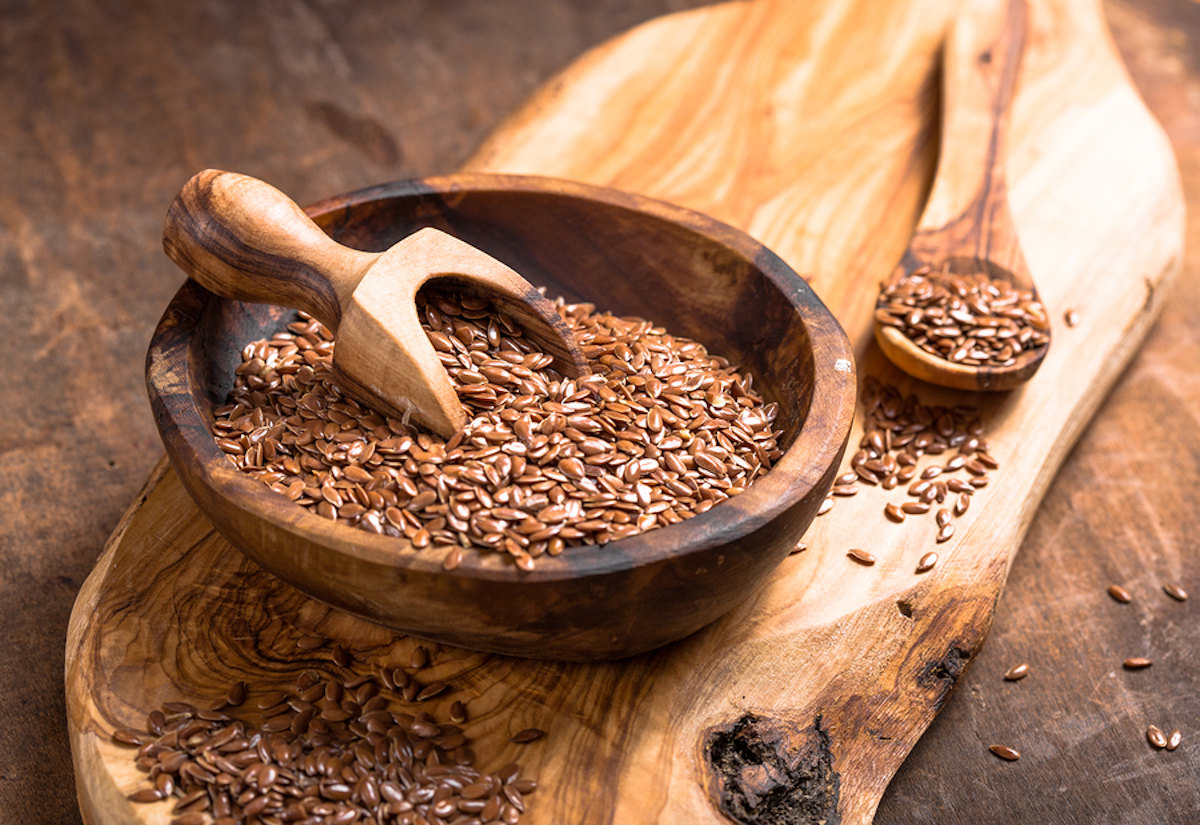
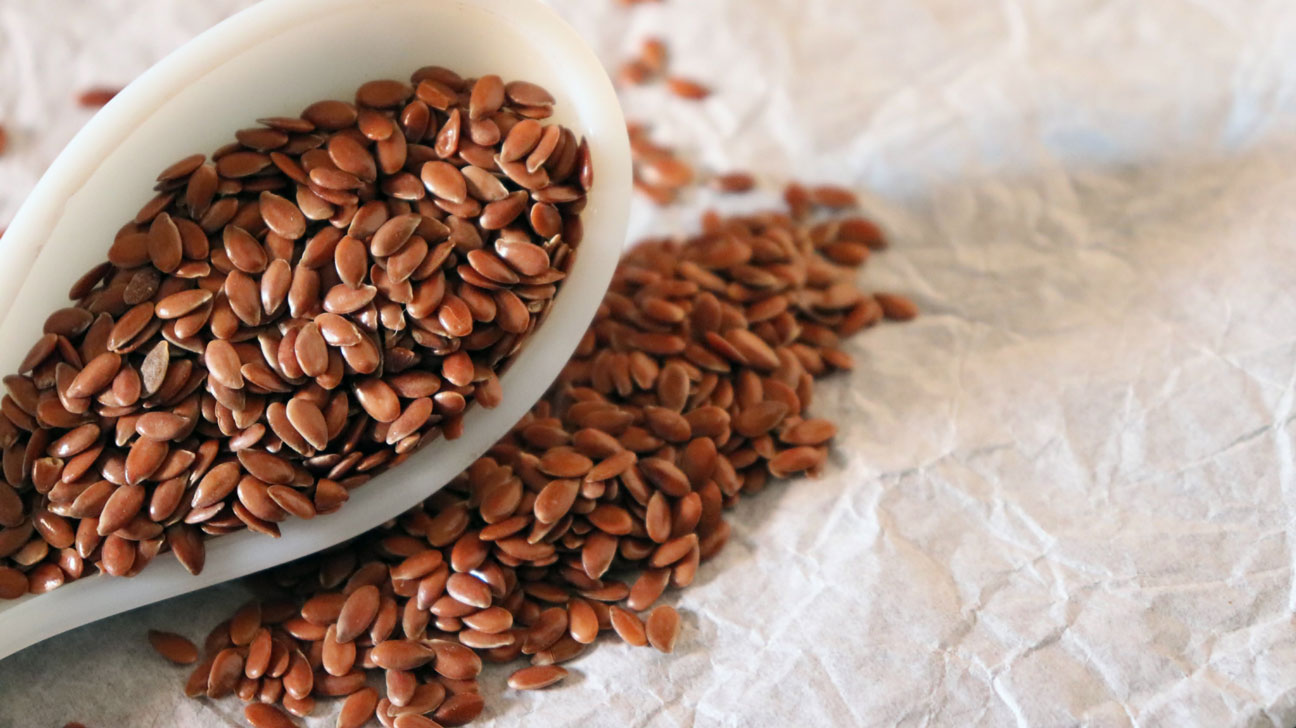
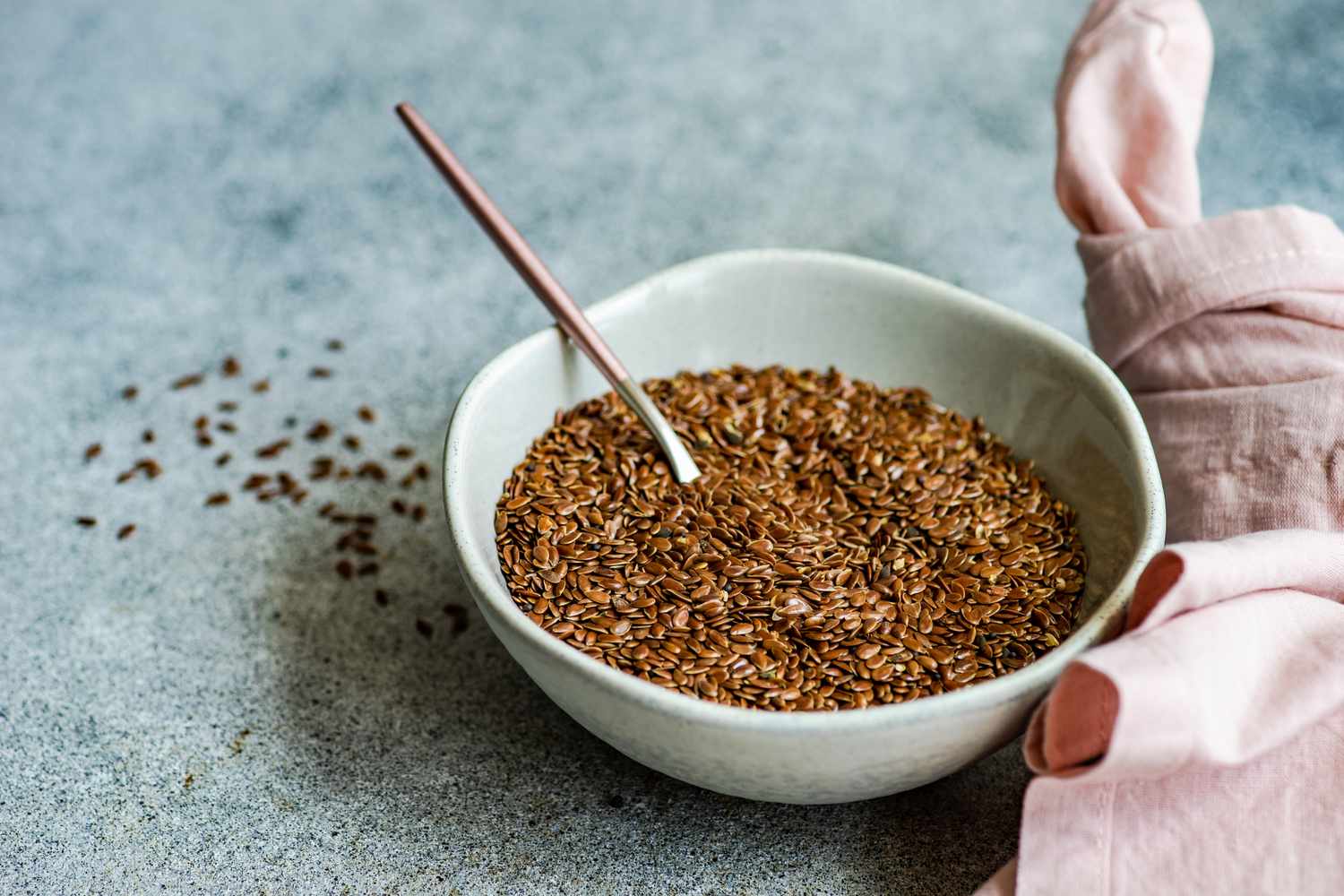
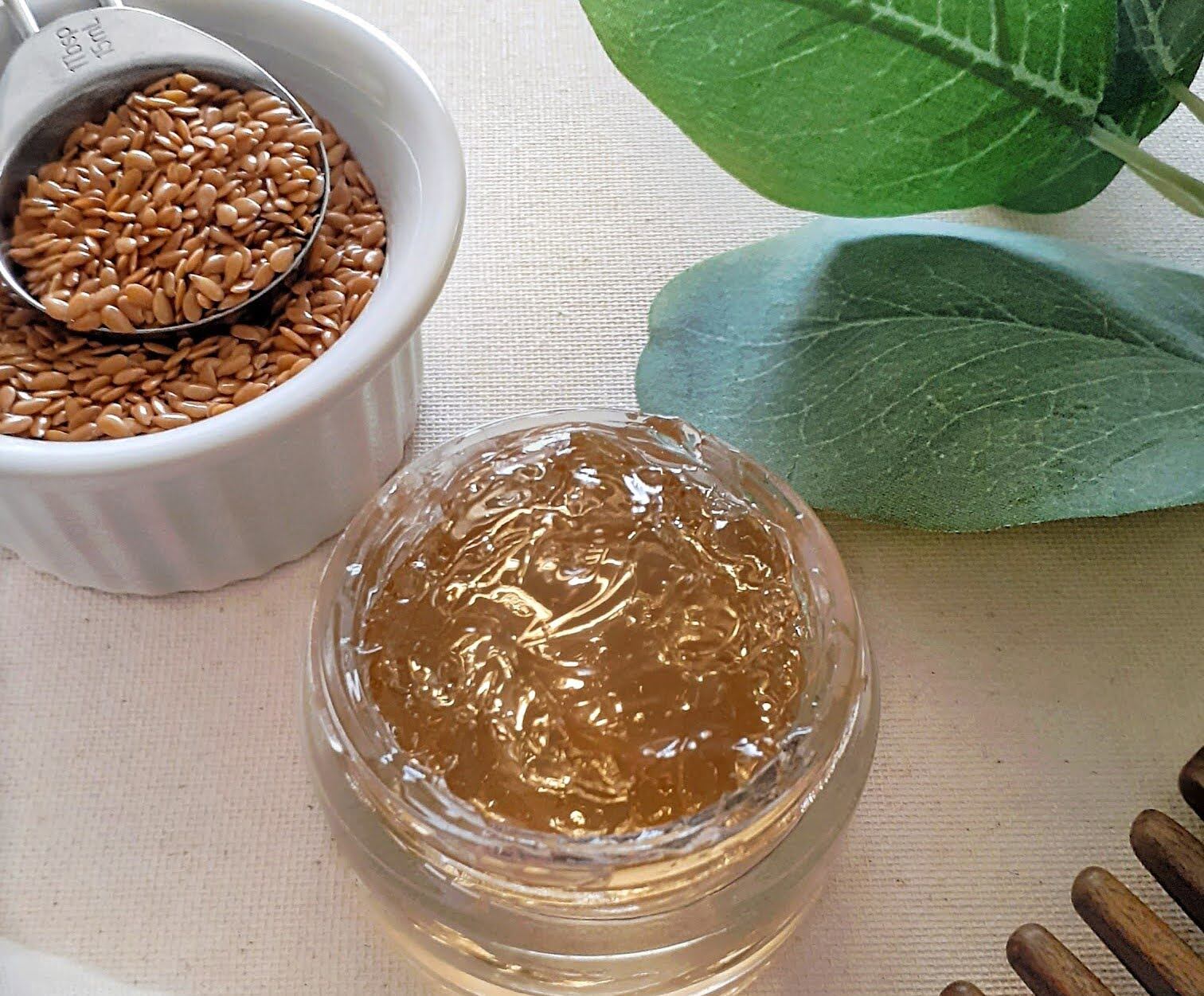
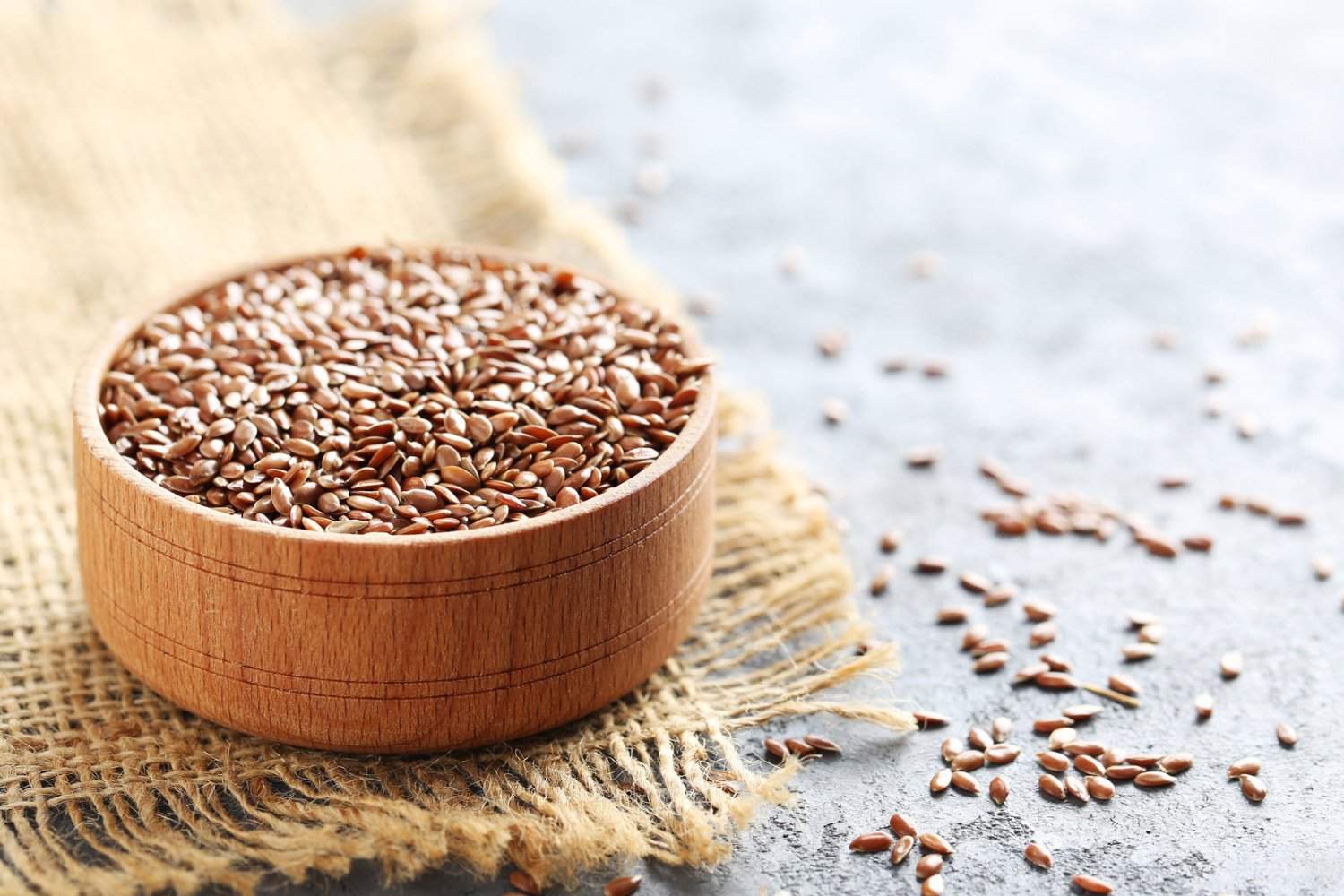
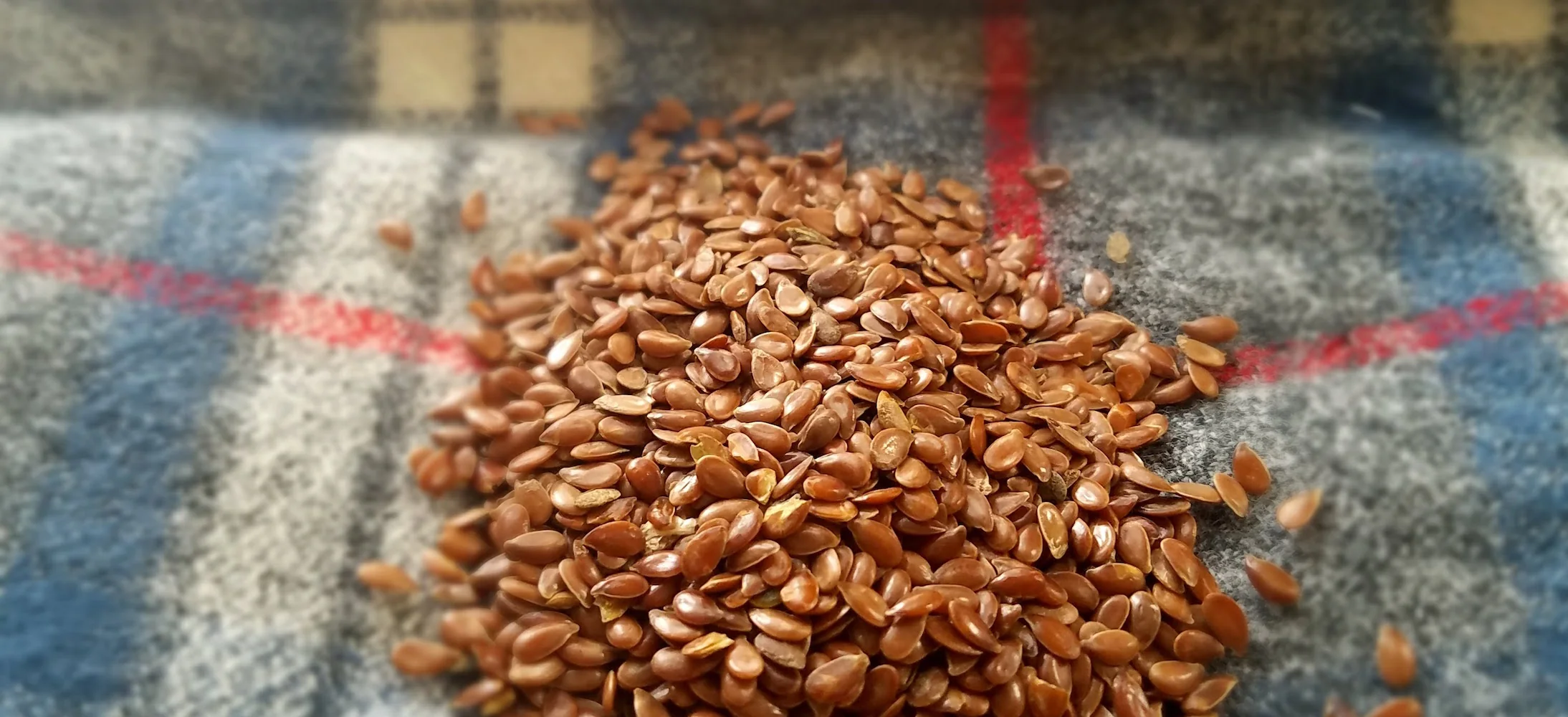
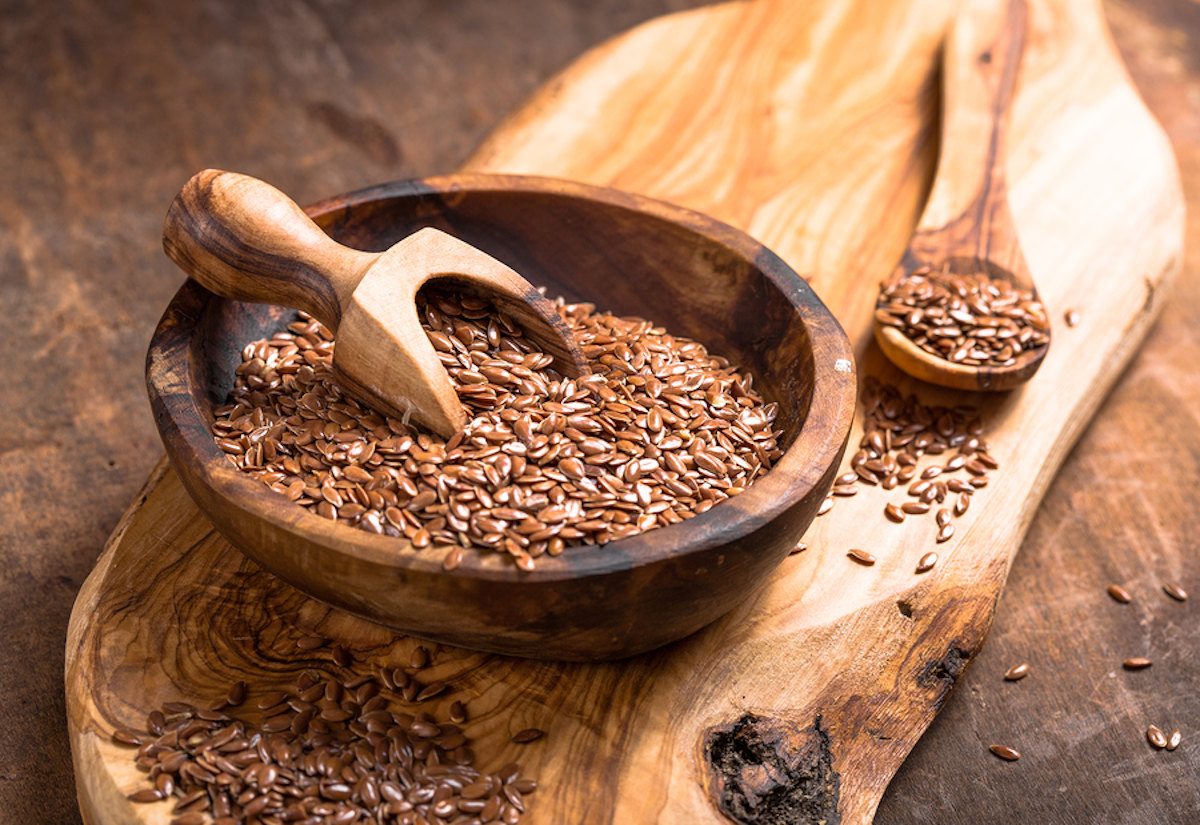
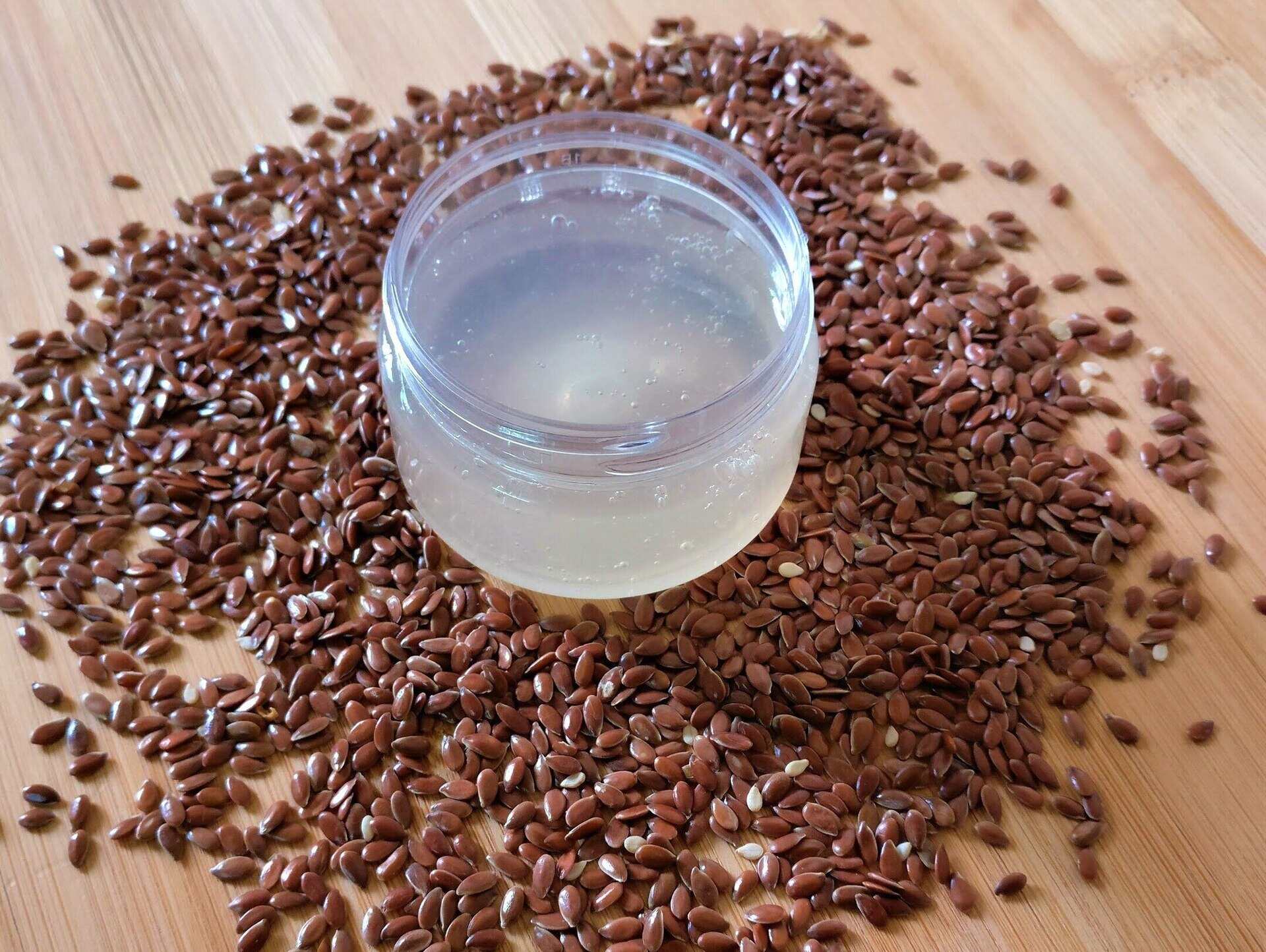
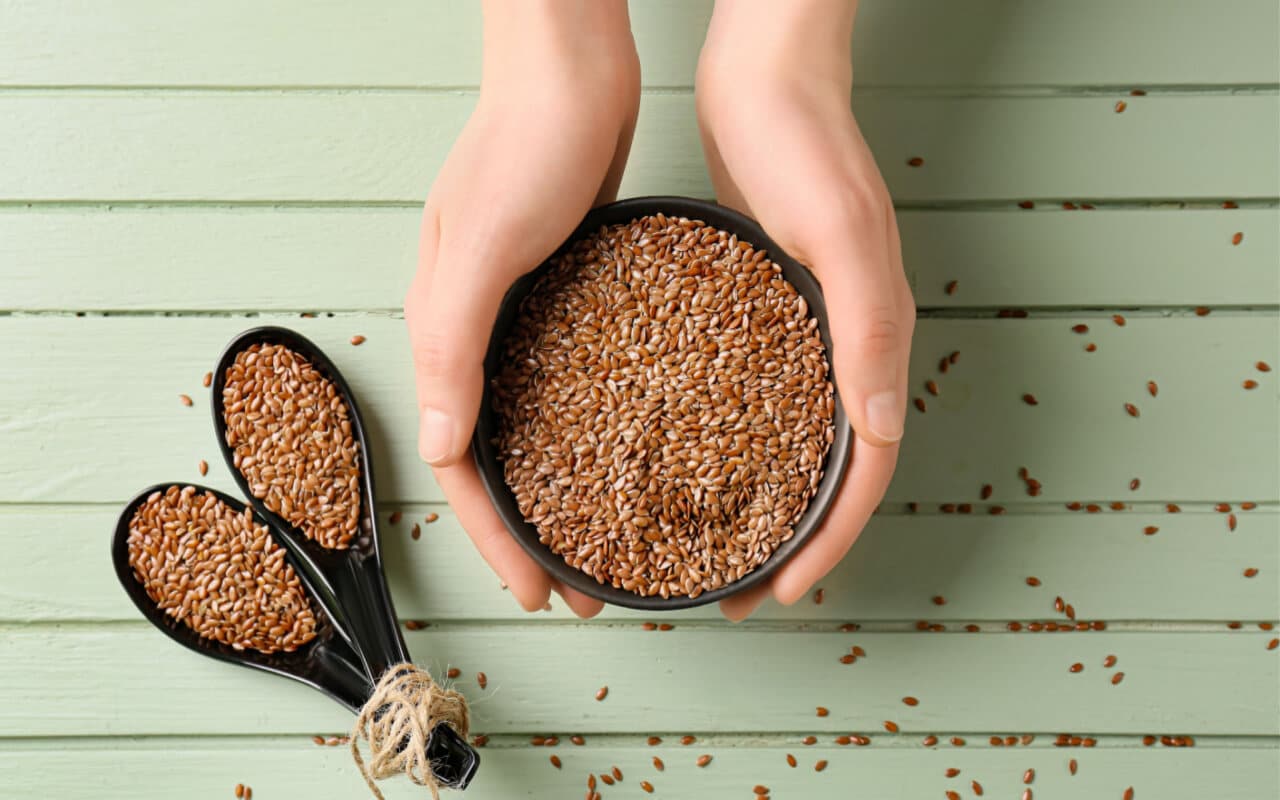
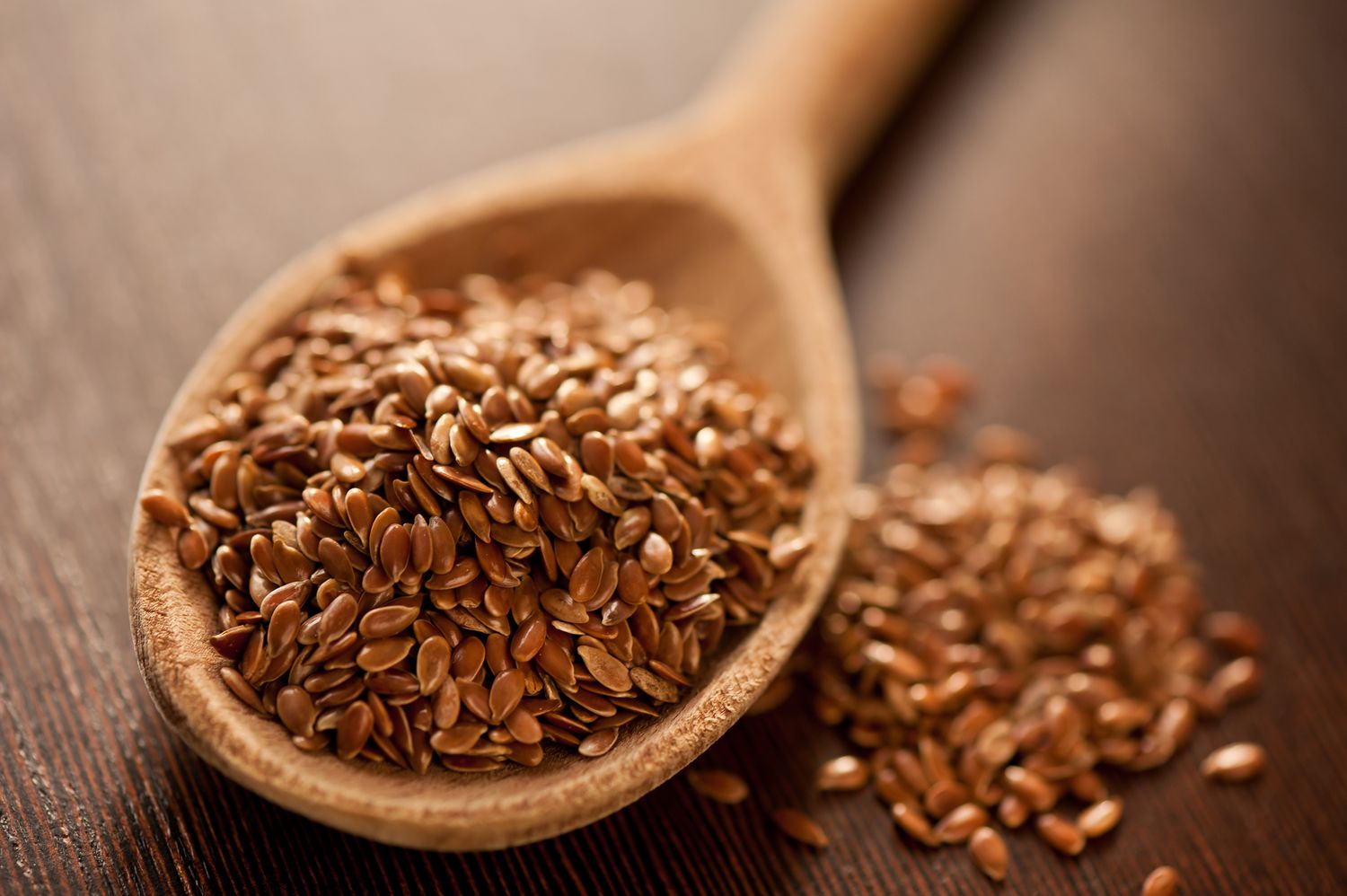
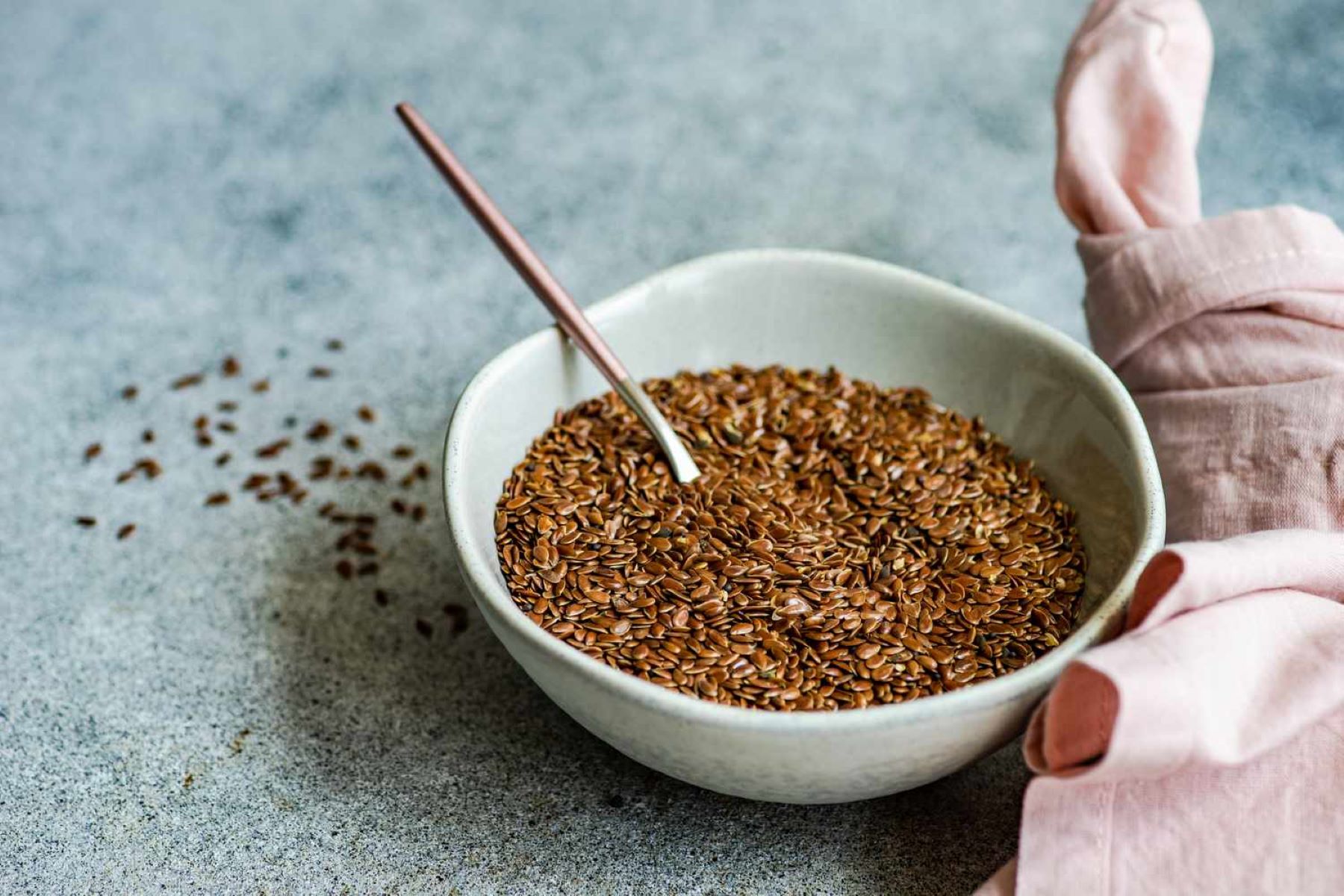
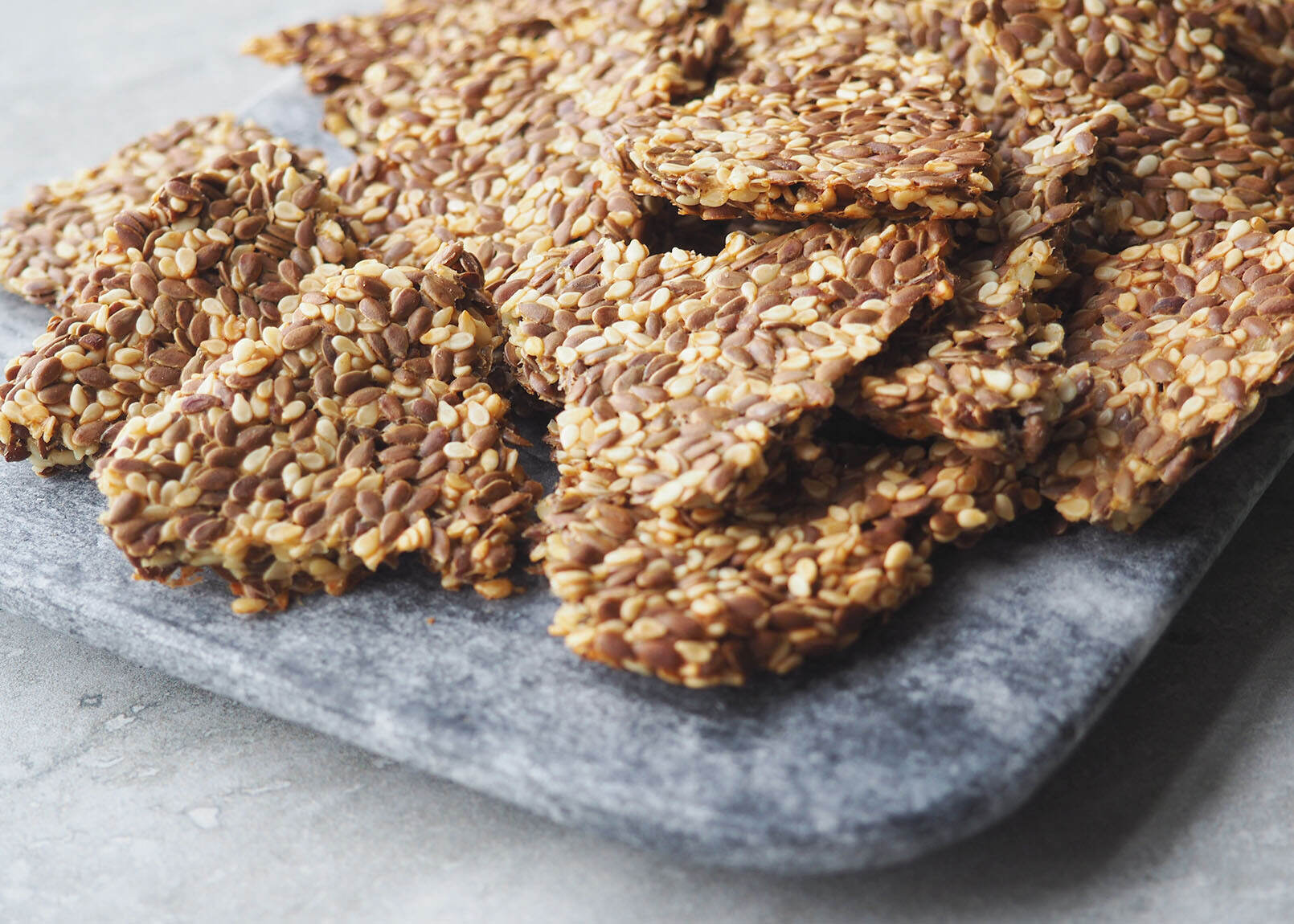
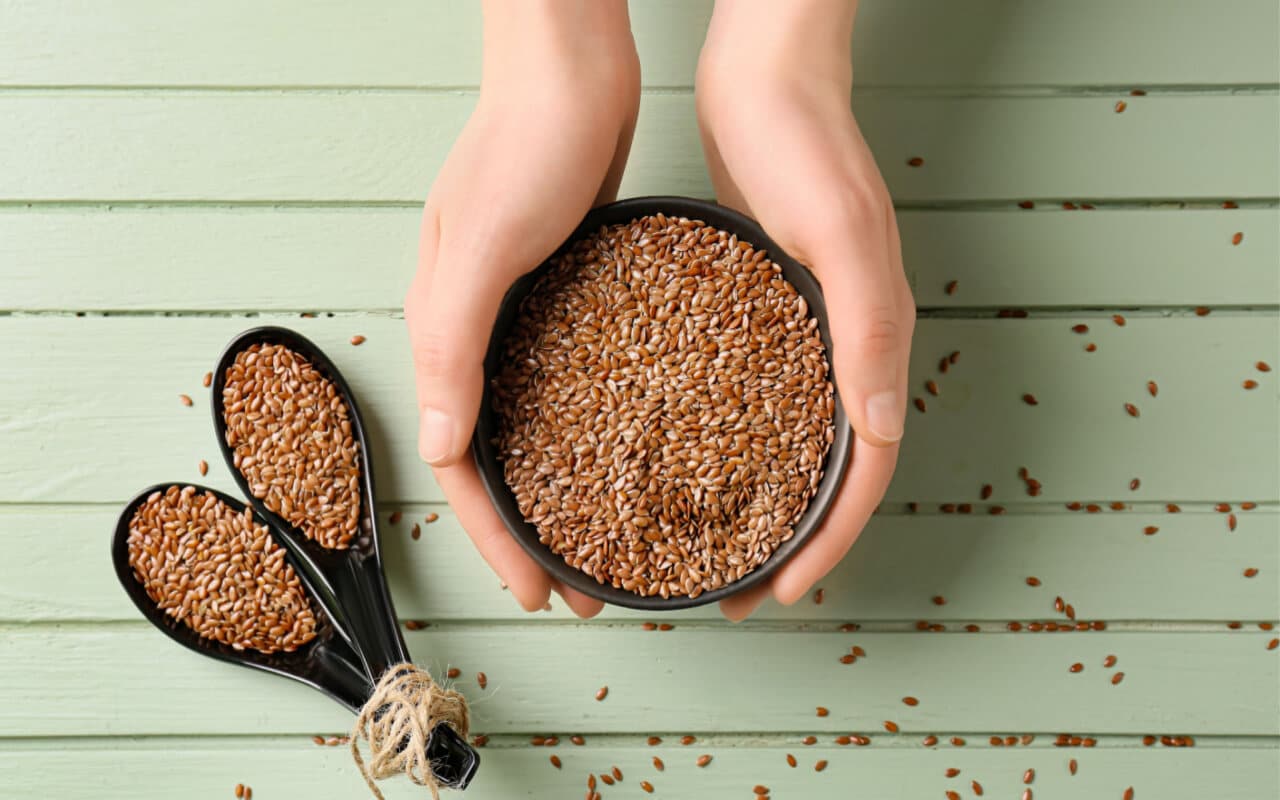
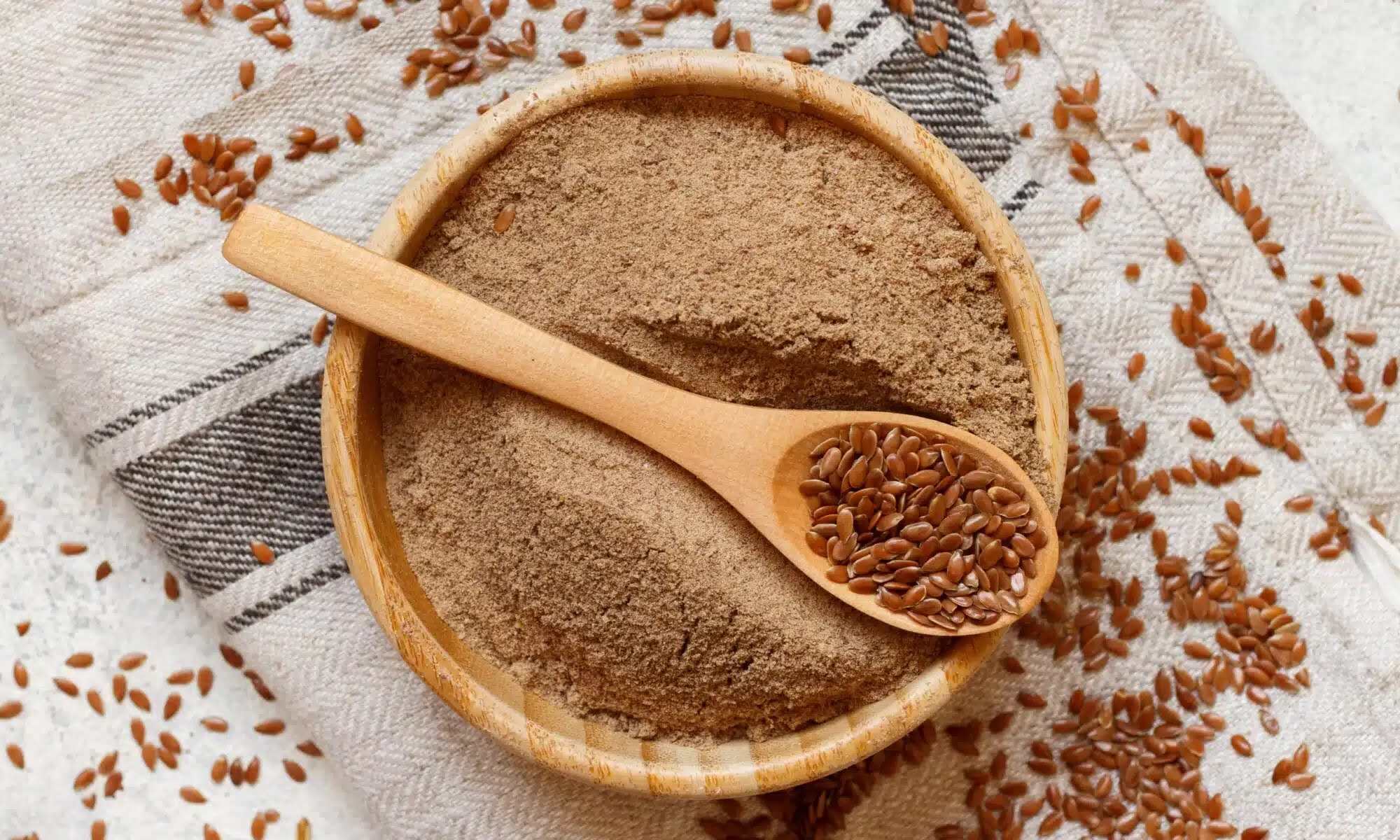

0 thoughts on “How To Store Flax Seed”